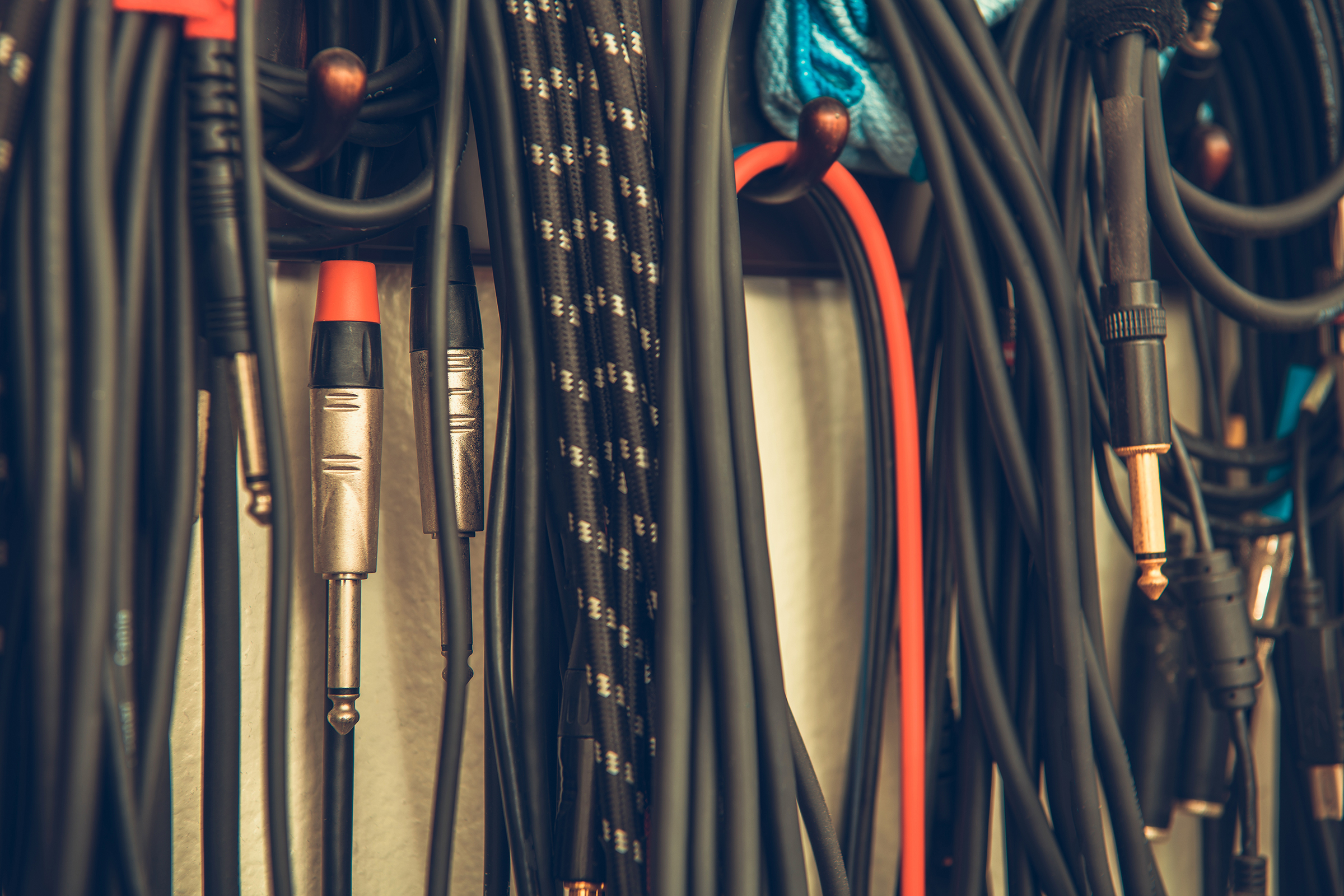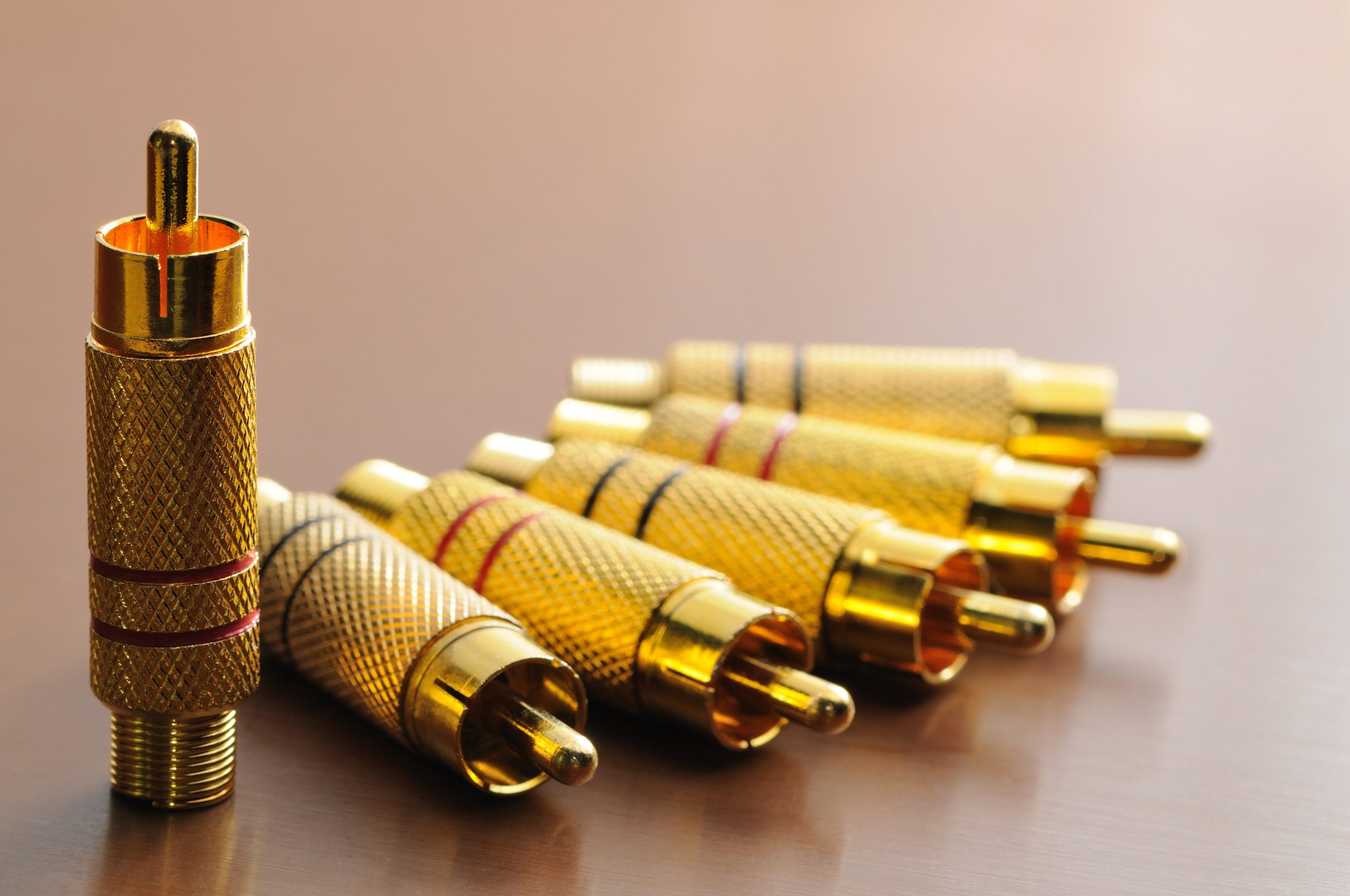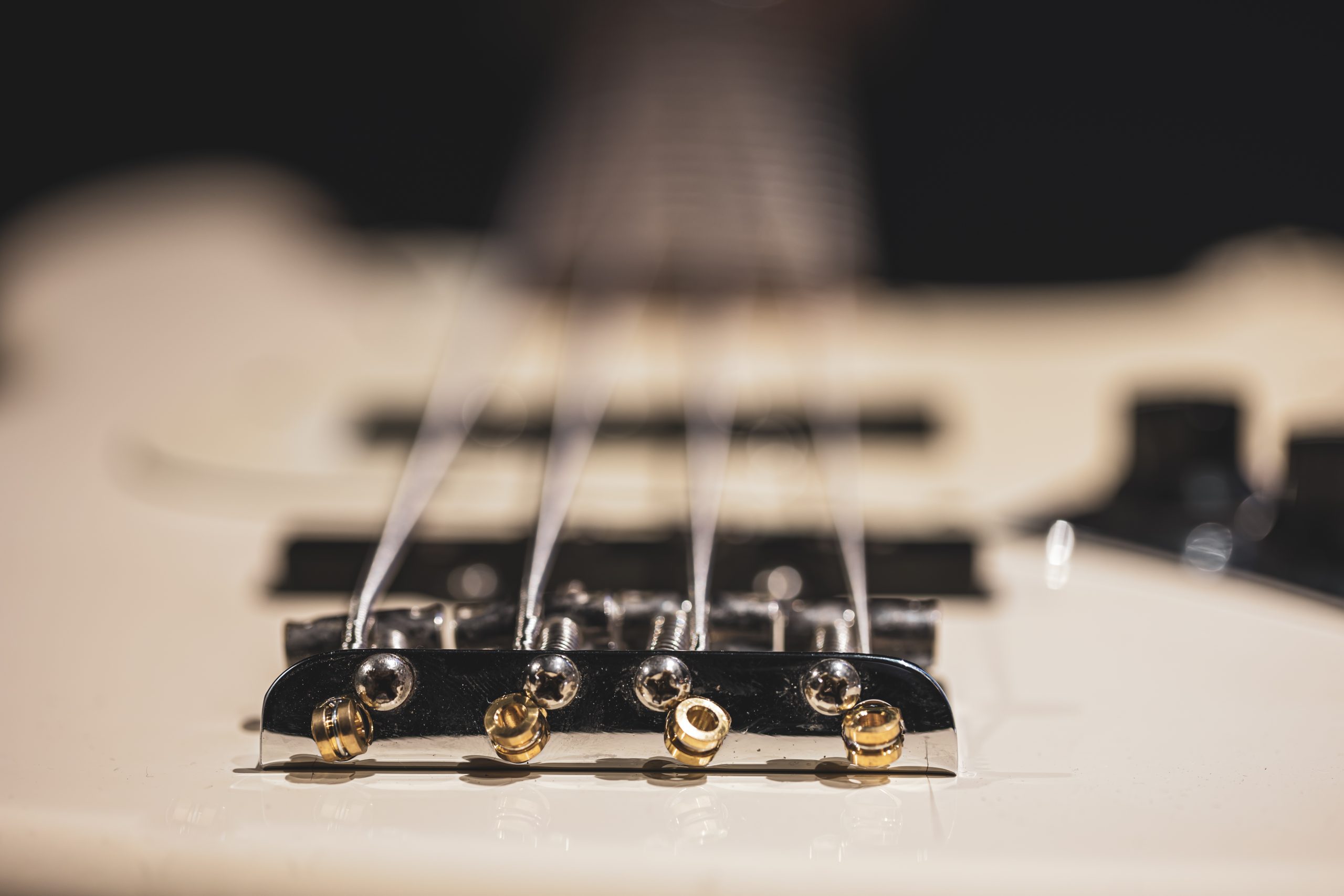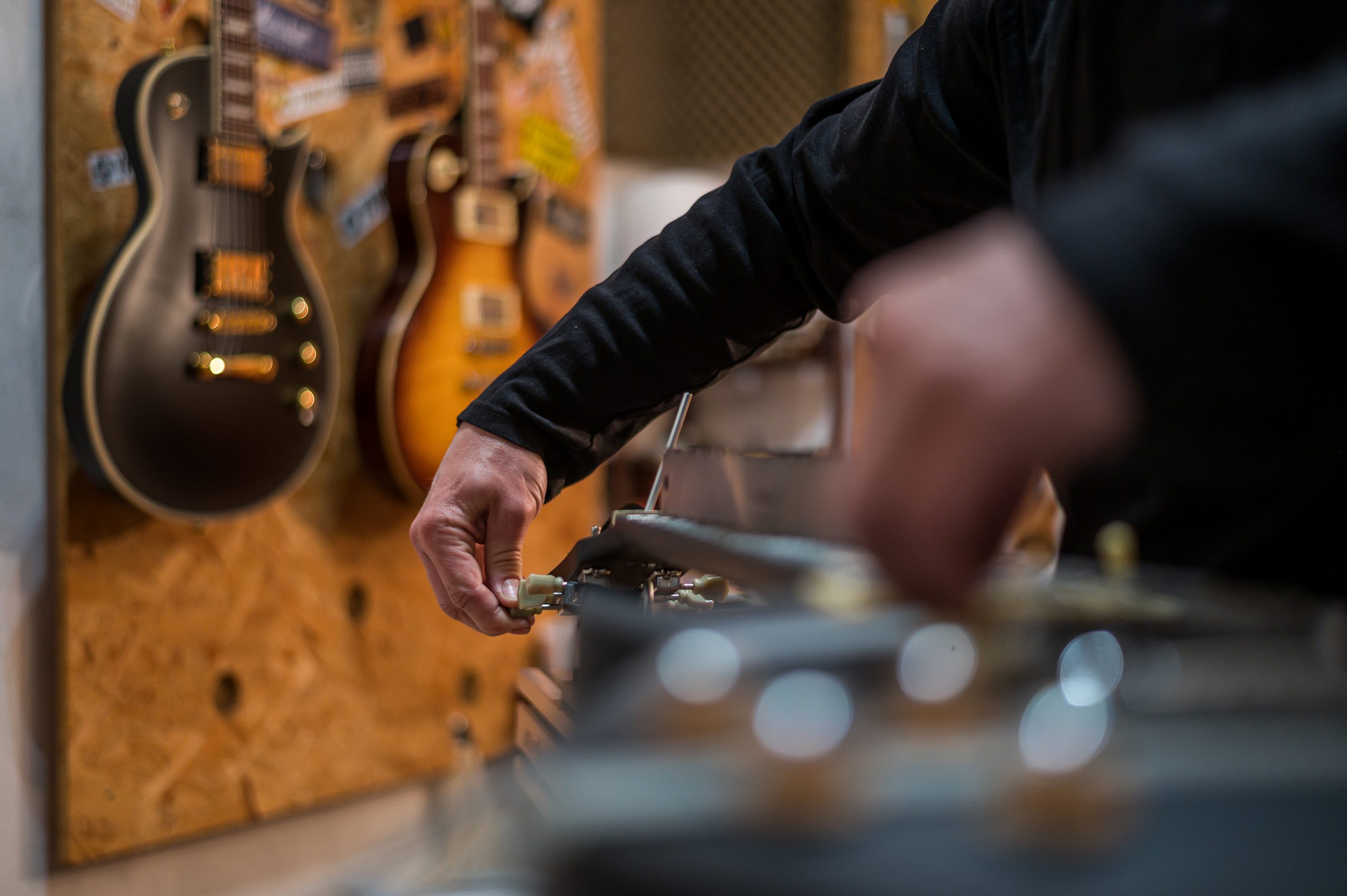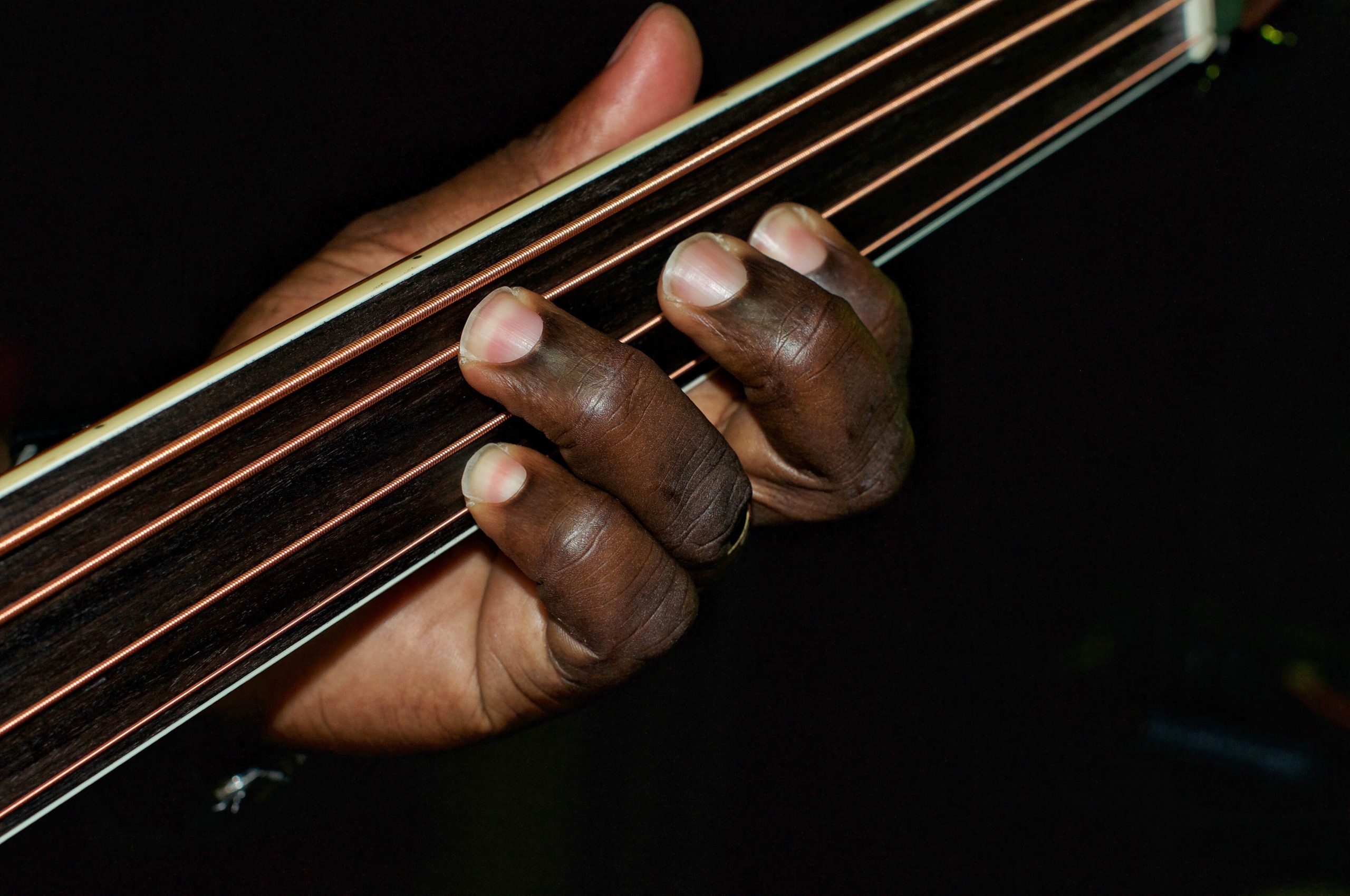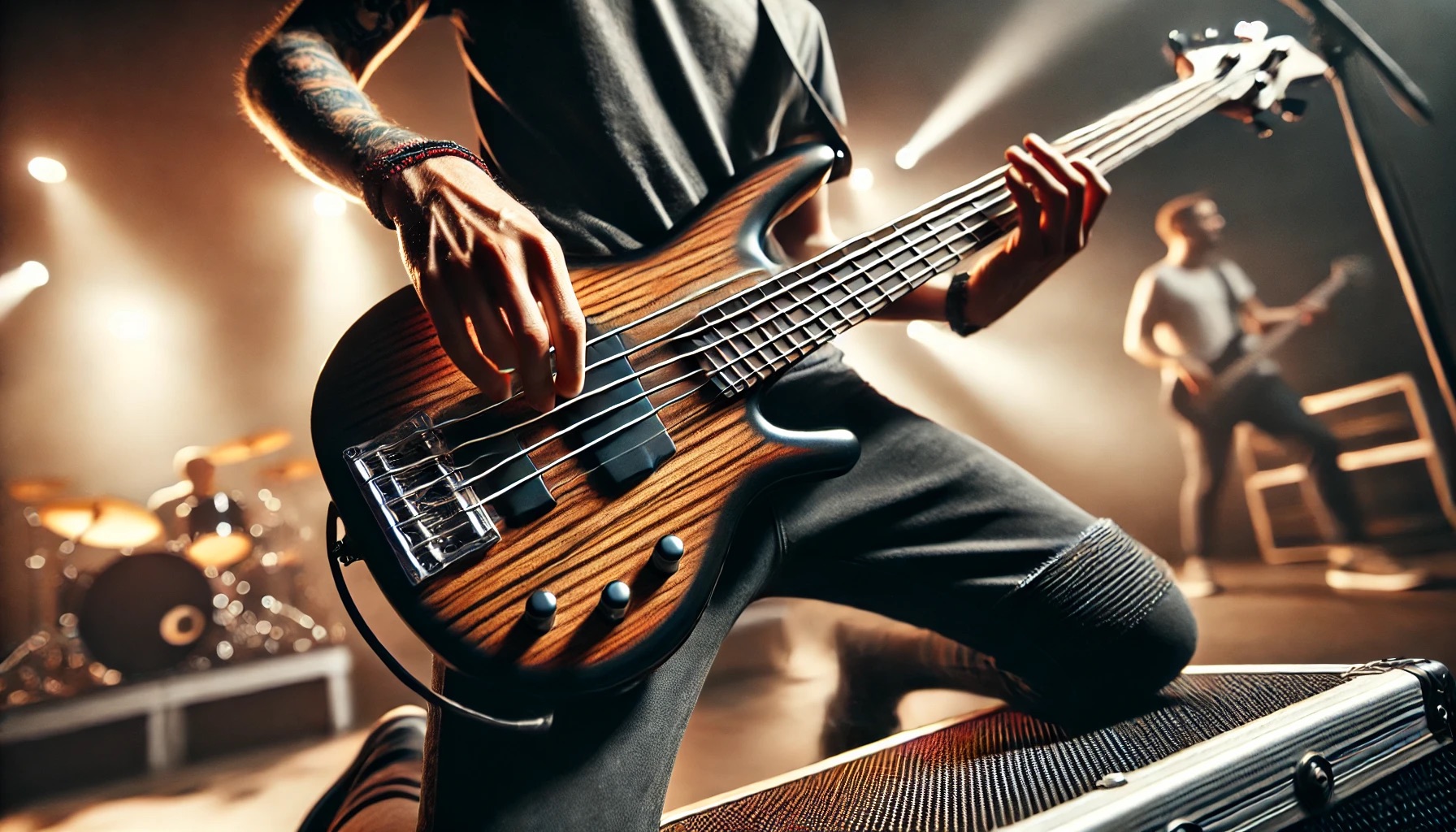Bass Cables vs Guitar Cables
KEY TAKEAWAYS
- Most bass players say that using a guitar or bass cable makes no difference to an instrument’s tone.
- Instrument cables transfer the electric flow captured by the instrument pickups to the amplifier.
- Capacitance is the main difference-maker in whether a cable is best suited for a guitar or bass frequency.
Most of the best basses will require a cable to connect them to an amplifier. And with this decision comes the question of bass cables vs guitar cables. There are cables explicitly marketed for bass, but many people debate whether there is any difference since the two instruments are so similar. Below, we’ll explain if there are any differences.
Similar to the debate over cables, there are other topics such as can you use a guitar pedals for bass instruments?
Differences Between Bass Guitar Cable vs Guitar Cable
Bass and guitar cables accomplish the same task; they take an electrical current from pickups and transfer the audio signal to an amplifier. And this is where the difference lies between an acoustic vs electric bass; acoustic basses amplify sound physically instead of through an electric amplification.
However, basses operate on a different range of frequencies, so some wonder whether bass cables are better suited for handling this. The short answer is that there is no real difference. And if you have an electric bass and need something to run it to, we have a great guide on the best bass practice amps.
Cable Composition
Cables, used by guitar and bass players, are often made and marketed as having different materials used for the connectors and screenings, such as gold plating for audio jacks. These are all used to filter out unwanted noise and outside audio interference. Bass cable brands tend to claim superiority when it comes to these things, but most of the time, it makes little difference.
Capacitance
The main difference often cited between the two types of cables comes in capacitance. Capacitance is the ability of the chord to store an electrical charge. Most bass cable manufacturers make chords that have a higher capacitance. Marketers claim that a higher capacitance works better with a bass’s deeper tone, but many musicians are skeptical. The effects of capacitance also depend on whether or not you have an active bass vs passive bass.
Bass Cables vs Guitar Cables FAQs
How much should I spend on a cable?
There’s no need to go all out on an expensive cable if you are a beginner. But if you are playing publicly, it could be a good idea to get a more expensive type of cable to help prevent audio interference.
What are the best brands for a bass cable?
The brand Monster Cables claims to make the best quality cable for bass instruments. But it might be best to test out a few before purchasing.
Will a better guitar cable improve my tone?
Premium cables often tout superior tones because of different materials, methods of shielding, and capacitance. Usually, there will be a slight difference with a more expensive cable, but not a large one.
TIP
When purchasing instrument cables, the best thing to pay attention to is the cable’s durability.
STAT
The shorter a cable is, the higher capacitance it has, which can have a dulling effect on instruments that play with higher frequencies, like guitars. However, a higher capacitance level can have a beneficial effect on a bass’s tone. (Source)
WARNING
Don’t use an instrument cable to plug a speaker into an amplifier. Doing this can create a mismatch in the amount of resistance and has been known to ruin speakers and amplifiers.
VS Comparison Chart
| Bass Cables | Guitar Cables | |
| Capacitance | X | |
| Materials | Draw | Draw |
Sources:
https://www.sweetwater.com/insync/there-difference-between-guitar-cables-types-of-cable/
https://www.fender.com/articles/tech-talk/why-instrument-cables-arent-the-same-as-speaker-cables
https://www.youtube.com/watch?v=-S2W9xobagU
https://www.youtube.com/watch?v=JJb2nRyjHBU
https://www.youtube.com/watch?v=TXecCbSzN1Q


